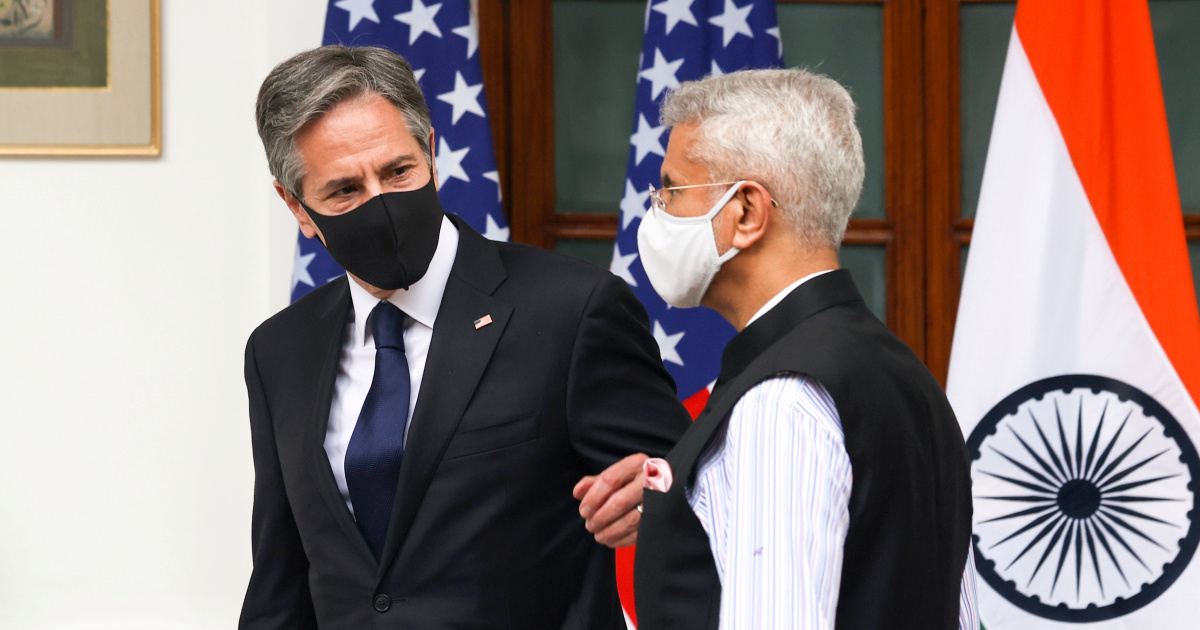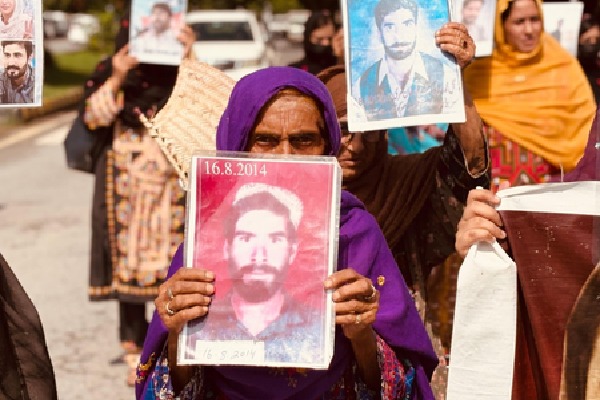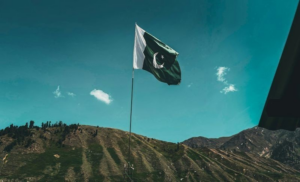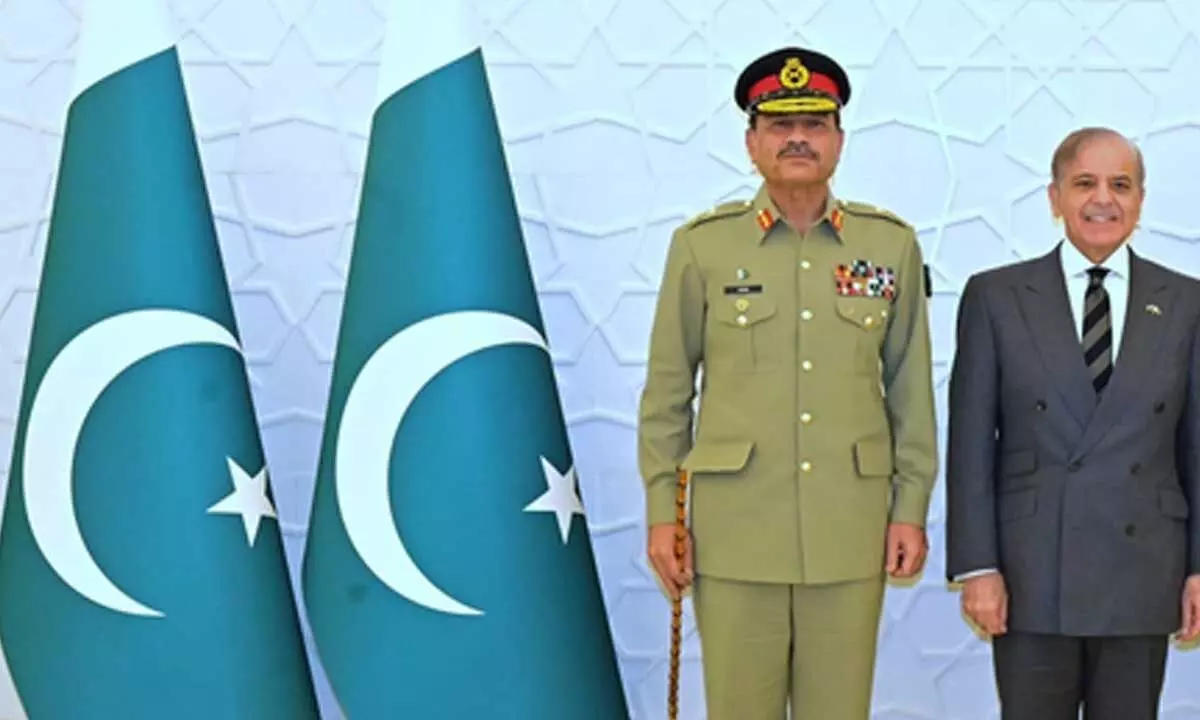
US Secretary of State Antony Blinken makes the statement on his India trip as a Taliban delegation visits China.
Afghanistan would become a “pariah state” if the Taliban takes control by force, US Secretary of State Antony Blinken says, as a top-level delegation from the armed group visits China to assure officials of their international obligations.
“An Afghanistan that does not respect the rights of its people, an Afghanistan that commits atrocities against its own people would become a pariah state,” Blinken told reporters in India on Wednesday during his first official visit.
In China, the Taliban’s leadership assured Beijing the group will not allow Afghanistan to be used as a base for plotting against another country.
A delegation including co-founder Mullah Abdul Ghani Baradar is in China for talks as the group continues a sweeping offensive across Afghanistan, including areas along their shared border.
Their frontier is just 76 kilometres (47 miles) long – and at a rugged high altitude without a road crossing – but Beijing fears Afghanistan could be used as a staging ground for Uighur separatists in Xinjiang.
Taliban spokesman Mohammad Naeem told the AFP news agency those concerns were unfounded.
“The Islamic Emirate assured China that Afghanistan’s soil would not be used against any country’s security … They (China) promised not to interfere in Afghanistan’s affairs but instead help to solve problems and bring peace.”
Beijing confirmed the thrust of the talks, which were led on the Chinese side by Foreign Minister Wang Yi.
But in Kabul, Afghan President Ashraf Ghani urged the international community “to review the narrative of the willingness of the Taliban and their supporters on embracing a political solution”.
“In terms of scale, scope and timing, we are facing an invasion that is unprecedented in the last 30 years,” he warned in a speech on Wednesday.
“These are not the Taliban of the 20th century … but the manifestation of the nexus between transnational terrorist networks and transnational criminal organisations.”
Good to meet US Secretary of State @SecBlinken today. I welcome President Biden’s strong commitment to strengthen the India-US Strategic Partnership, which is anchored in our shared democratic values and is a force for global good. pic.twitter.com/HlNqKVTM95 — Narendra Modi (@narendramodi) July 28, 2021
In New Delhi, Blinken warned the Taliban it would have to change if it wanted global acceptance.
“The Taliban says that it seeks international recognition, that it wants international support for Afghanistan. Presumably, it wants its leaders to be able to travel freely in the world, sanctions lifted, etc,” he said.
“The taking over of the country by force and abusing the rights of its people is not the path to achieve those objectives.”
Analysts say China, whose stated foreign policy position is non-interference in other countries’ issues, is queasy about the religiosity of the Taliban given its proximity to Muslim-majority Xinjiang.
But the meeting gives legitimacy to a group craving international recognition – and a potential diplomatic shield at the United Nations – to match their military march across the nation.
“Wang Yi pointed out, the Afghan Taliban is a crucial military and political force in Afghanistan,” foreign ministry spokesman Zhao Lijian told reporters in Beijing.
“China has throughout adhered to non-interference in Afghanistan’s internal affairs … Afghanistan belongs to the Afghan people,” he said, in stark contrast to the “failure of US policy towards Afghanistan”.
China to provide ‘diplomatic cover’
Taliban officials have cranked up their international diplomacy, seeking global recognition for when they hope to return to power.
They have made sweeping advances across Afghanistan since May, when US-led foreign forces began their final withdrawal.
Courtesy: Afghanistan Analysts Network
Beijing hosted a Taliban delegation in 2019 but it had had backdoor links with the group through Pakistan.
Communist Party leaders in Beijing and the Taliban have little ideological common ground but experts feel shared pragmatism could see mutual self-interest trump sensitive differences.
For Beijing, a stable and cooperative administration in Kabul would pave the way for an expansion of its Belt and Road Initiative into Afghanistan, while the Taliban would consider China a crucial source of economic support.
“By getting the Chinese on their side, the Chinese would be able to provide them with diplomatic cover at the Security Council,” Australia-based Afghanistan expert Nishank Motwani told AFP.
“It is important to note … when other countries open up their doors and engage with the Taliban it undercuts the legitimacy of the Afghan government and presents the Taliban almost as a government-in-waiting.”
Moscow, meanwhile, said it will bolster Tajikistan’s military with arms and equipment amid a “deteriorating” situation in Afghanistan after the Taliban recently captured a border crossing with the Central Asian nation.






